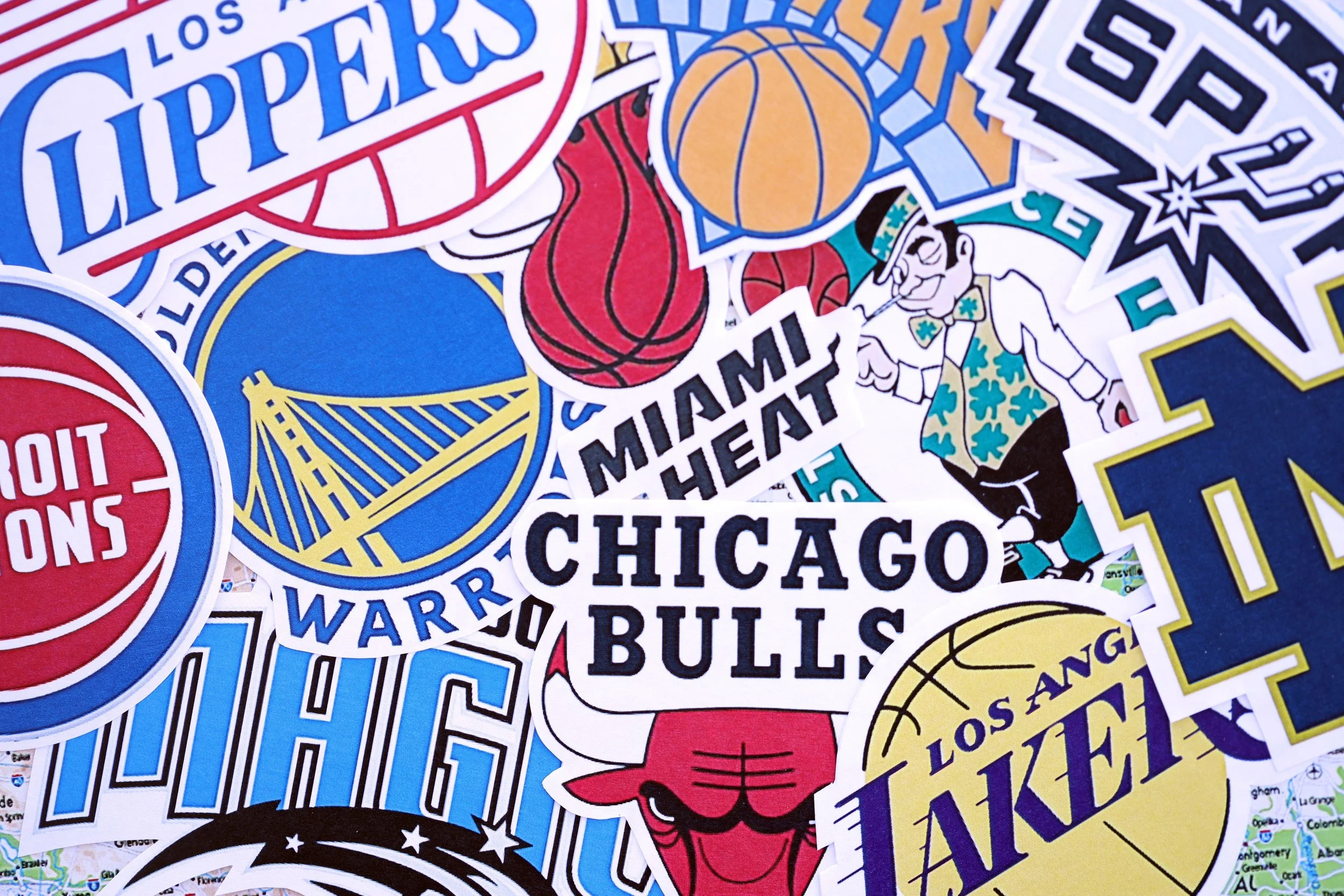Power to the Player: How Athletes Are Taking Back Their Agency
By: Prince Hakeem
Since ancient Greco-Roman times, athletes have been some of the most admired members of society. From Koroibos in the first Olympic games in 776 B.C. to LeBron James playing at an elite level in 2021, athletes have long enamored spectators with their god-like abilities and accomplishments.
These physical feats have garnered them riches, influence, and celebrity status. As a result, the concept of the athlete has grown as well. They've gone from being human marvels to the driving force behind today's sports business. More than anything else, the modern athlete has become a symbol—a representation of teams, countries, communities, and traditions. However, what happens when the people who embody these symbols become forgotten and their autonomy diminished.
Ironically enough, the same platform which grants privilege, success, and visibility often becomes their prison—turning them into prisoners of lofty expectations and coerced groupthink. In an increasingly individualistic American society, the line between "team first" vs. the athlete's goals and overall health is becoming blurrier. There's always been this tightrope within sports, especially with social media bringing it more into focus.
From player empowerment, tough contract negotiations, social justice advocacy, ownership amongst athletes, and more, we're witnessing a shift in sports culture. It's no longer "shut up and play ." Better yet, athletes have more control of their narratives and destinies than ever before. They now realize that the sports business model cannot function without them. It's led to more advocacy for radical approaches to the game, compensation, mental health, and legacy. You do not have to look far to find examples of this change.
For starters, look at the developments surrounding tennis star Naomi Osaka. Known for her shy demeanor, Osaka garnered a lot of attention back in June when she announced that she would not participate in press events ahead of the French Open. The 23-year-old cited mental health struggles as her reasoning.
"I've often felt that people have no regard for athletes' mental health, and this rings very true whenever I see a press conference or partake in one," she wrote in a Notes post. "We're often sat there and asked questions that we've been asked multiple times before or asked questions that bring doubt into our minds, and I'm just not going to subject myself to people that doubt me."
Naomi Osaka pulled out of the French Open after refusing to attend press conferences. Osaka says she suffers from depression and experiences, "huge waves of anxiety before I speak to the world's media."
TPN/Getty Images
This, however, did not stop controversy within tennis and the media from arising. Osaka was labeled "selfish" and "entitled" by several media members and old-guard veterans of the sport. The French Open organization hit her with a $15,000 fine and threatened "further and greater consequences if she continued to decline her media obligations." In response, Naomi took matters into her own hands, withdrawing from the tournament altogether.
Instead of giving any further explanation, she advocated for her well-being. Osaka leveraged her power and pulled out of Wimbledon as well. On a bigger scale, the major tournament groups missed an incredible moment. The French Open could have used the opportunity to send a message of support and compassion. It certainly would garner positive publicity, positioning the sport as progressive. They instead opted to "flex" their muscles of tradition to prove a point. Now Naomi sits in a better light-publicly- all because she chose to do what's best for her, sending a message for others to do the same.
The ability to act with agency is more feasible for some athletes to do than others. Someone like Naomi would have an easier time doing this due to the individual nature of their sport. An athlete making personal decisions within team sports is challenging. None more so than in football.
Football is a cultural focal point within American society. The sport has served as the vehicle for racial and social integrations, celebrating the ideals of community and teamwork. It is one of the last and oldest institutions where subordinating one's individual goals for a collective objective is essential. Altruistic-yes-realistic, not so much. Today's football is more about commercial success rather than small-town virtues and values. And when it comes to business, everyone with a stake in the game moves accordingly- in their best interest.
This form of advocacy can be seen with today's NFL stars. There is a multitude of reasons which explain why. It all starts with the NBA's LeBron James. The kid from Akron changed the sports landscape with his infamous "Decision" to join the Miami Heat. Since then, the league has transformed into a player and star-driven commodity. Superteams are the norm, and players leverage their skills to have a say in front office decisions. This influence has crept its way into the NFL.
Despite not having fully guaranteed contracts, players are more empowered in today's game. Thanks to tougher agents, higher standard salaries, the players union, and a stronger CBA, NFL stars can disrupt the system in their favor. Quarterback Tom Brady is a clear example of this. Towards the end of 20 years with the New England Patriots, Brady wanted to help provide some personnel decisions. He wanted the team to surround him with better offensive talent. By the fifth Super Bowl ring, he had more than earned that luxury.
However, he was met with disrespect and even multiple attempts to move on from him. Brady, in the end, had enough of begging the Patriots and went to an organization that respected his word. He leveraged his winning experience for the Tampa Bay Buccaneers to get every receiver he needed for a seventh Super Bowl ring.
Coming off an MVP season, Aaron Rodgers is fighting for his career and legacy. The 37-year-old quarterback is currently in a stalemate with the Green Bay Packers. After years of keeping the organization competitive, Rodgers has had enough of general manager Brian Gutekunst and the front office's dismissive attitude towards him. The tension has been brewing for a while, most notably since the Packers' decision to draft Utah State's Jordan Love in the first round of the 2020 draft. An MVP season including 4299 passing yards, 48 touchdowns, and back-to-back trips to the NFC Championship game is what Rodgers has as a bargaining chip. And even that could not garner Rodgers enough cache to have input in offensive personnel decisions. So now he is using his status as a player to send a message to his team. He has gone on record claiming that he loves his teammates, coaches, and the fanbase. It is not about money or wanting his ego stroked. For Rodgers, it is about legacy and respect for his contributions to the game.
Additionally, athletes are now the source, thanks to social media. They hold their own press conferences on Instagram, make career announcements on Twitter, and dictate negotiations with just a "Like" button. Times have changed, probably for the better. These instances demonstrate how a shift in agency and power is good for the individual athlete and necessary for sports as a whole. It sends a message that doing what's best for oneself should be the norm, not a spectacle.







